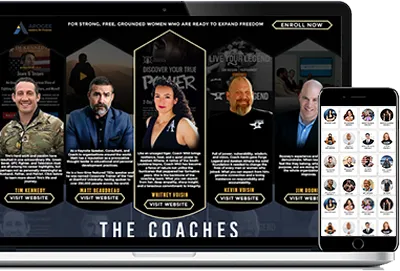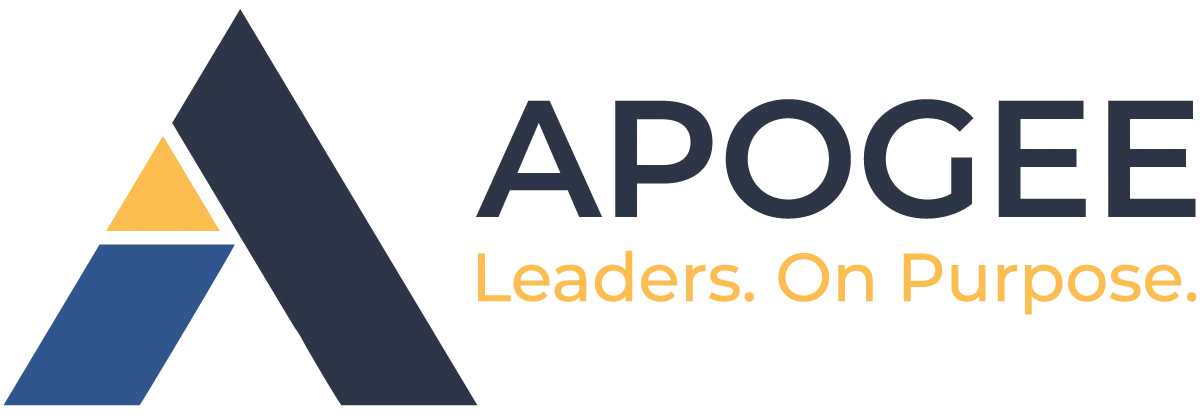THE ANSWERS
TO THE MOST FREQUENTLY ASKED QUESTIONS WE RECEIVE ABOUT OUR YOUNG WOMEN'S STUDIO
What is open-source education?
Open-source education is an idea promoted by educator John Taylor Gatto. Open-source education involves exploration and experimentation. Learning is reinforced through personal feedback. The underlying premise is that practically anything can be the starting point towards self-mastery and a good life. And everyone you encounter is a potential teacher. In this model students pursue what interests them. This looks different for each student. It’s the opposite of one-size-fits-all industrial-scale education. It is far less rule-based and test-driven.
What is a typical class size?
We intentionally keep our program small, selecting a maximum of 12 students. This is in line with the Marine Corps’ organizational structure, which follows the “rule of three” — a corporal leads a three-person fire team; a sergeant leads a squad of three fire teams; a lieutenant leads a platoon of three squads; and so on all the way up to the Commandant. This structure provides leadership opportunities for students, who act as corporals leading various activities. It also allows us to be agile and easily step out of the classroom. Our small size fosters a sense of brotherhood, whereas larger groups are more likely to devolve into cliques.
Why is the school so small?
The goal is education, not efficiency. We are proud to be a modern-day one-room school and would not trade this for more influence or prestige. Besides, growth by expansion has inherent limits. Growth by replication feels more organic. We would love to see a school like ours in every neighborhood. But growth is not itself a worthy goal. Growth for the sake of growth is the ideology of a cancer cell. We would rather remain small and healthy.We do hope to contribute in our own little way to starting a movement away from the consolidation undermining local control of education. School consolidation has been going on for over a century in the United States. Schools consolidate for reasons of efficiency and yet costs only go up. That’s because these large bureaucratic units become targets of political ideologues, social engineers, labor organizers, textbook publishers, standardized testers, and real estate speculators. This leaves our communities more fragmented and society even more atomized.
What is the curriculum like?
Our curriculum is not fixed. We borrow from various educational models including classical Christian education, the Montessori method, scouting, and Socratic discussion. Students are given bounded autonomy similar to what they might find in graduate school. Above all we want to build character, foster personal responsibility, and promote physical, mental, and emotional fitness.
What is a typical day/week like?
A typical day at Kingsbridge is like a microcosm of life. Socratic discussion are a hallmark of any Apogee school. Academic time is wrapped in project-based themes that generally run 5-6 weeks. We leave ample time for tinkering in the shop, immersion in nature, improving physical fitness, and leadership exercises. Students also have chores. Everyone contributes to the classroom economy.
We get out of the classroom frequently with regular trips to the library and visits to various parks and other local establishments. There are occasionally be longer excursions and service projects.
Why Not Educate men and Women Together?
Apogee Dayton offers separate studios for young men and women. This separation in education can eliminate distractions and prevent unwanted attention. Women-only environments help to empower females by fostering confidence and promoting leadership opportunities in male-dominated fields. This also fosters a strong sense of community and peer support among female students.
Can students participate in athletics?
Yes. According to the Ohio High School Athletic Association, “A student who attends a non-public school in Ohio, whose parents reside in Ohio, shall have a participation opportunity – not a guarantee – at the public school the student is entitled to attend pursuant to Ohio Revised Code 3313.64 or 3313.65. A student who attends a non-public school may also have a participation opportunity at the public school located in the school district in which the non-public school is located (if different than the residential district) subject to the mutual agreement between the superintendent of the school district in which the student is entitled to attend and the superintendent of the school district in which the student is seeking to participate. Of course, this participation opportunity applies ONLY if his/her non-public school does not sponsor the specific sport. The student must be eligible in all other aspects (scholarship, age, transfer, semesters, etc.). If the public school in either the parents' district of residence or in the district where the non-public school is located does not offer the sport, then the student simply has no participation opportunity.”
Are students eligible for College Credit Plus?
Yes. According to the Ohio Department of Education, “College Credit Plus is an opportunity available to all 7-12 grade students who are accepted into the program by a college or university within Ohio. The program operates in much the same way, regardless of what high school a student attends. However, students attending a private high school and homeschool students must apply to the Ohio Department of Education in order to receive funding for courses. Please check the main College Credit Plus page for information, forms and updates.”ORC 3365.02, 3365.03OAC 3333-1-65.8
Can non-Christians attend?
Absolutely. Students are not required to sign a profession of faith, but we do expect them to take the question of God seriously. And we expect them to respect and honor the Christian tradition. We do not tell students what to think. They are free to question. In fact, we encourage that. However, Kingsbridge is not the right place for someone who is hostile to Christianity. There are lots of other schools available for that person.
What Does Religion have to do with reading, writing, and arithmetic?
Everything is an expression of God‘s heart. All creation sings. The heavens declare. The stars dance. Life itself is a story, a song, a dance. Life is a type of art and living life well is beautiful. Transcendence sparks and crackles all around us — in a child’s voice, in the crisp air when looking up at the starry sky, in the light of a candle, the crash of a wave. These things form the passions and feed the soul by training the senses to see the rich goodness of the world.
We reject the fiction of a value-neutral education. Beneath every official curriculum is an unspoken 'hidden curriculum' that imparts a set of implicit norms and beliefs. We are simply being upfront about ours.

STILL LOOKING FOR ANSWERS?
CONNECT WITH US TODAY!
THE PHILOSOPHY
GET INSPIRED
“It is hard to fail, but it is worse never to
have tried to succeed.”
–Theodore Roosevelt-



“Live pure, speak true, right wrong, follow the King”

